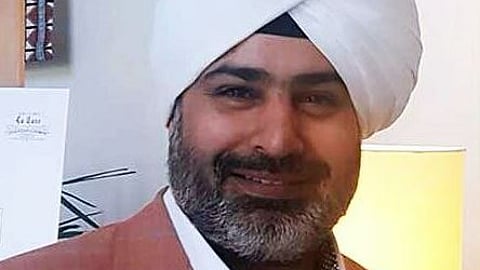

NEW DELHI: Amandeep Singh Dhall, a businessman accused in the Delhi Excise Policy case, has approached the Delhi High Court, contesting the charge sheet filed against him and the subsequent summoning order.
However, the Central Bureau of Investigation (CBI) has raised concerns over the maintainability of his petition, pointing out the significant delay in his legal challenge.
During the initial hearing, Justice Vikas Mahajan directed the CBI’s Special Public Prosecutor (SPP) to submit a note on the issue of maintainability. The case has been scheduled for further hearing on March 19. SPP DP Singh argued that the cognizance order against Dhall had been passed two years ago, and the appropriate legal recourse should have been taken at that time.
“They are now seeking to quash the chargesheet two years after cognizance was taken,” Singh said, emphasising the prolonged delay.
Dhall, represented by Advocate Adit S. Pujari, asserted that he had no involvement in the alleged conspiracy with the other accused. When Justice Mahajan inquired whether Dhall was challenging only the charge sheet and the summoning order—excluding the FIR—Pujari clarified that the FIR had already led to a charge sheet, and their challenge was limited to the latter.
The court was informed that in 2023, the CBI had filed a supplementary charge sheet against Dhall, following which cognizance was taken and summons were issued.
The investigation was concluded in July 2024, with another supplementary charge sheet filed. In February 2025, the agency also submitted a list of unrelied-upon documents.
Advocate Pujari clarified that Dhall was not seeking a stay on proceedings at this stage. Addressing the CBI, the court asked, “Your only objection is that the period of limitation is over?” The prosecution affirmed that the petition was time-barred, arguing that the court’s scope to entertain it was minimal.